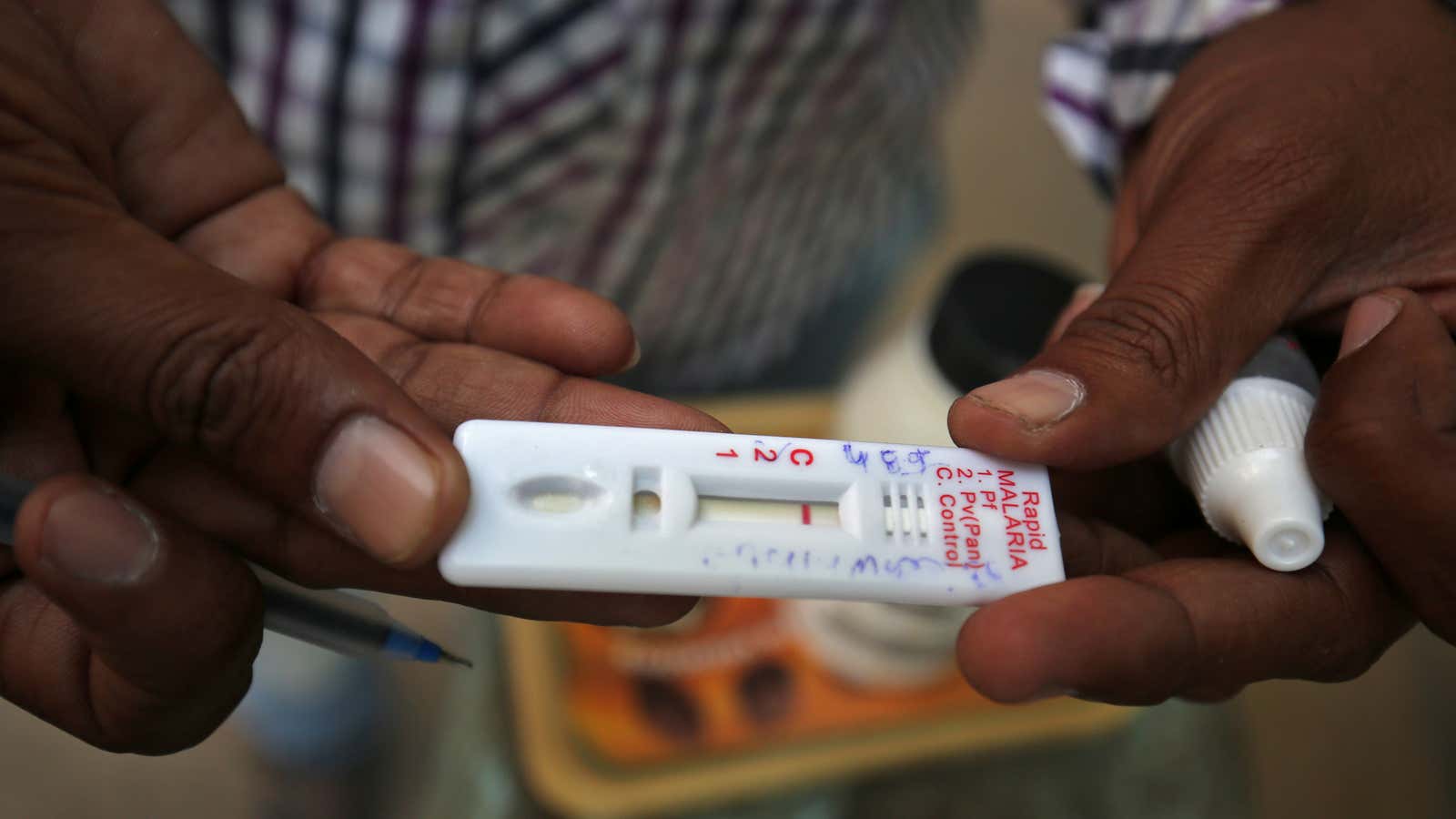More than a century after the malaria parasite was first discovered in Algeria by a French physician, the country is now rid of the deadly disease.
After last reporting a malaria case in 2013, Algeria has joined 37 other countries globally that have been certified malaria-free by the World Health Organization (WHO). Algeria becomes the third African country to be certified malaria-free following Mauritius in 1973 and Morocco in 2010. In Lesotho, Libya, Tunisia, Seychelles and La Réunion, the other African territories declared free of the disease, malaria either never existed or disappeared without specific measures.
WHO says French physician Dr Charles Louis Alphonse Laveran discovered the malaria parasite in Algeria in 1880. By the 1960s Algeria was reporting 80,000 malaria cases annually. Argentina was also certified malaria-free alongside Algeria.
For its part, Algeria’s journey to being malaria-free has been long and deliberate as WHO credits the country’s provision of free diagnosis and treatment of malaria under its national healthcare program.
Both certifications come on the back of a world malaria report by WHO which showed that no significant gains were made in reducing malaria cases globally between 2015 to 2017. And even more progress could be on the cards as Malawi launched “RTS,S,” the world’s first malaria vaccine for children in a landmark pilot program last month. Ghana and Kenya are also in line for a similar launch of the vaccine.
After being in development for over three decades, the vaccine was found to prevent “approximately four in 10 malaria cases, including three in 10 cases of life-threatening severe malaria” during clinical trials. WHO says the ongoing pilot program will “generate evidence and experience” which will inform its policy recommendations on the broader use of the vaccine.
Should the vaccine’s clinical trial promise translate into real-world success, the effects will have more significant impact in Africa than anywhere else as children younger than five on the continent currently account for more than half of global malaria deaths.
Sign up to the Quartz Africa Weekly Brief here for news and analysis on African business, tech and innovation in your inbox
